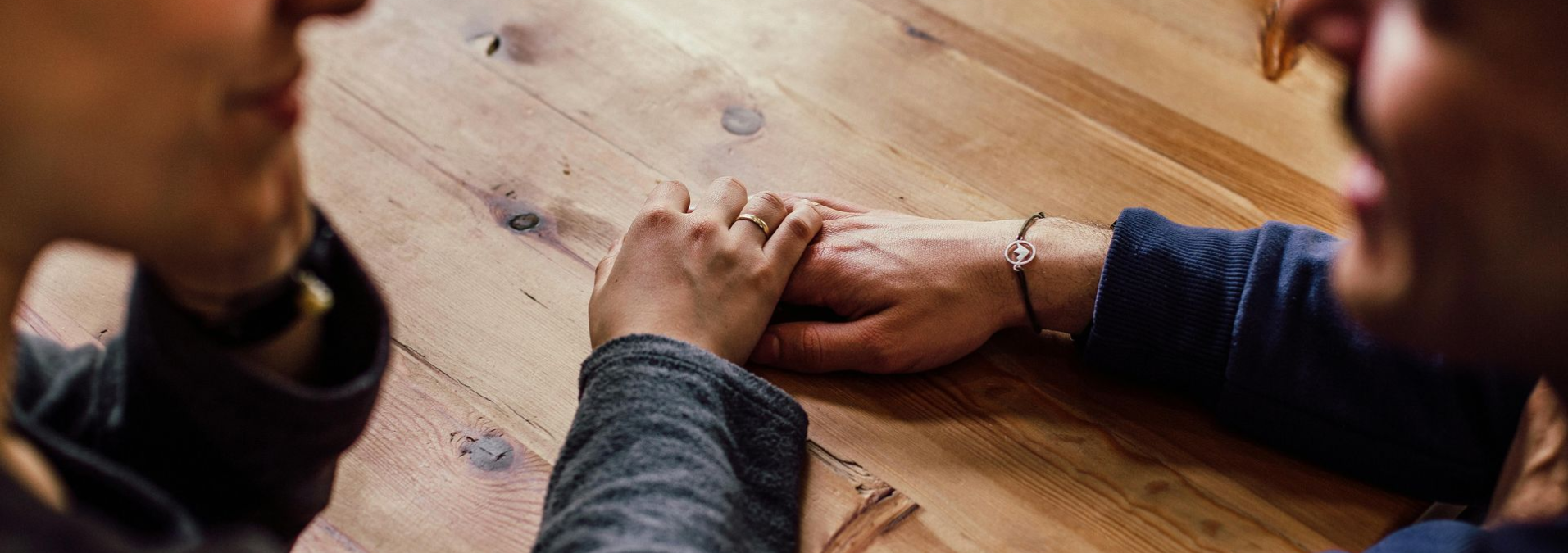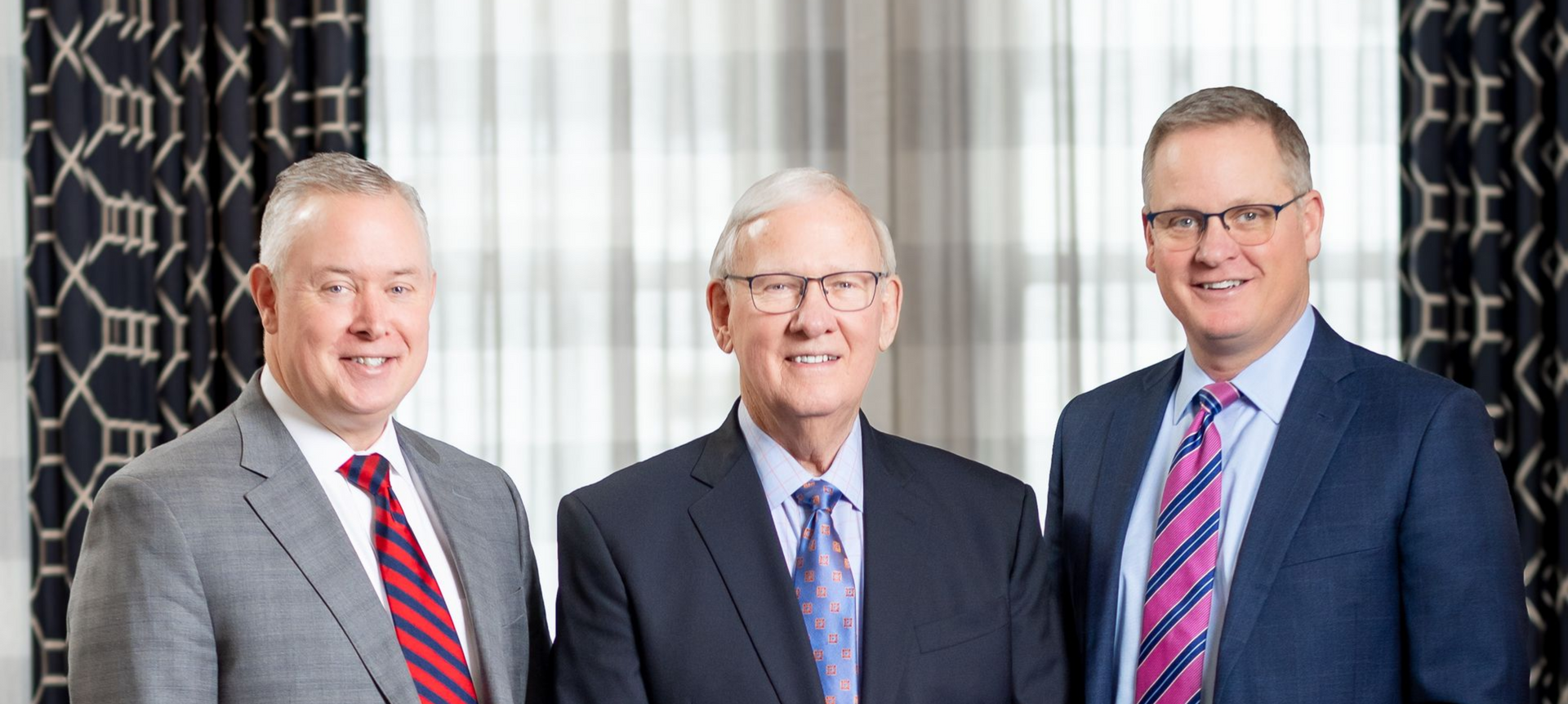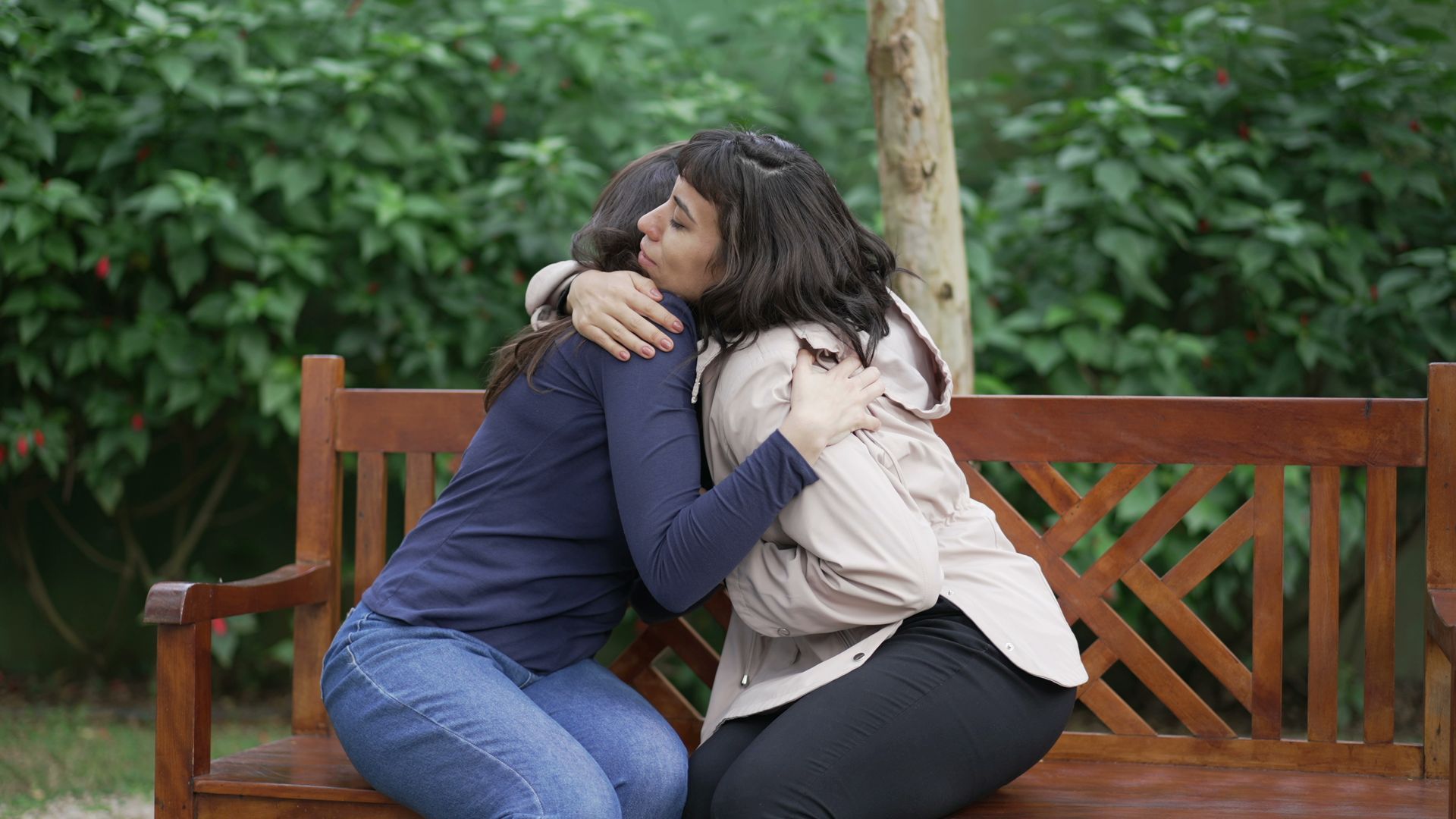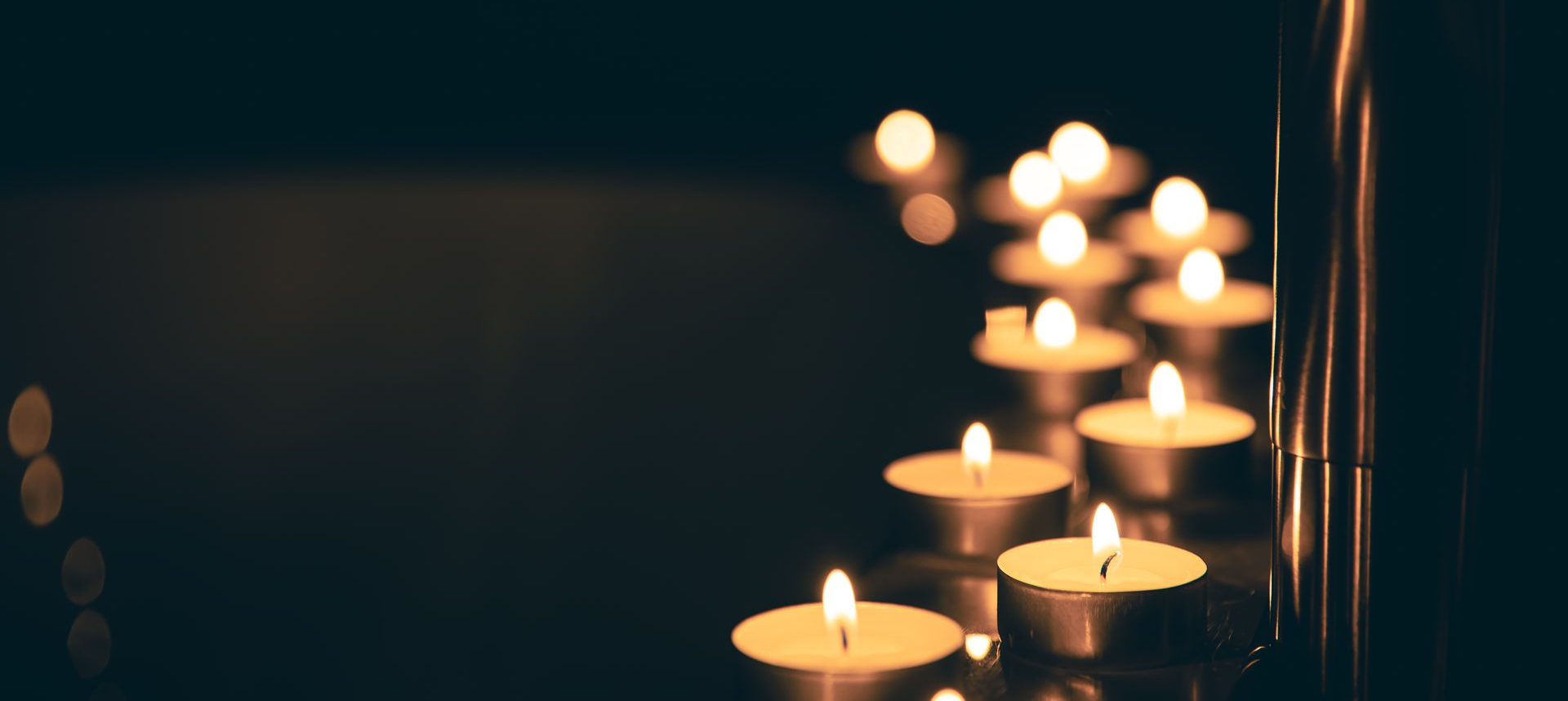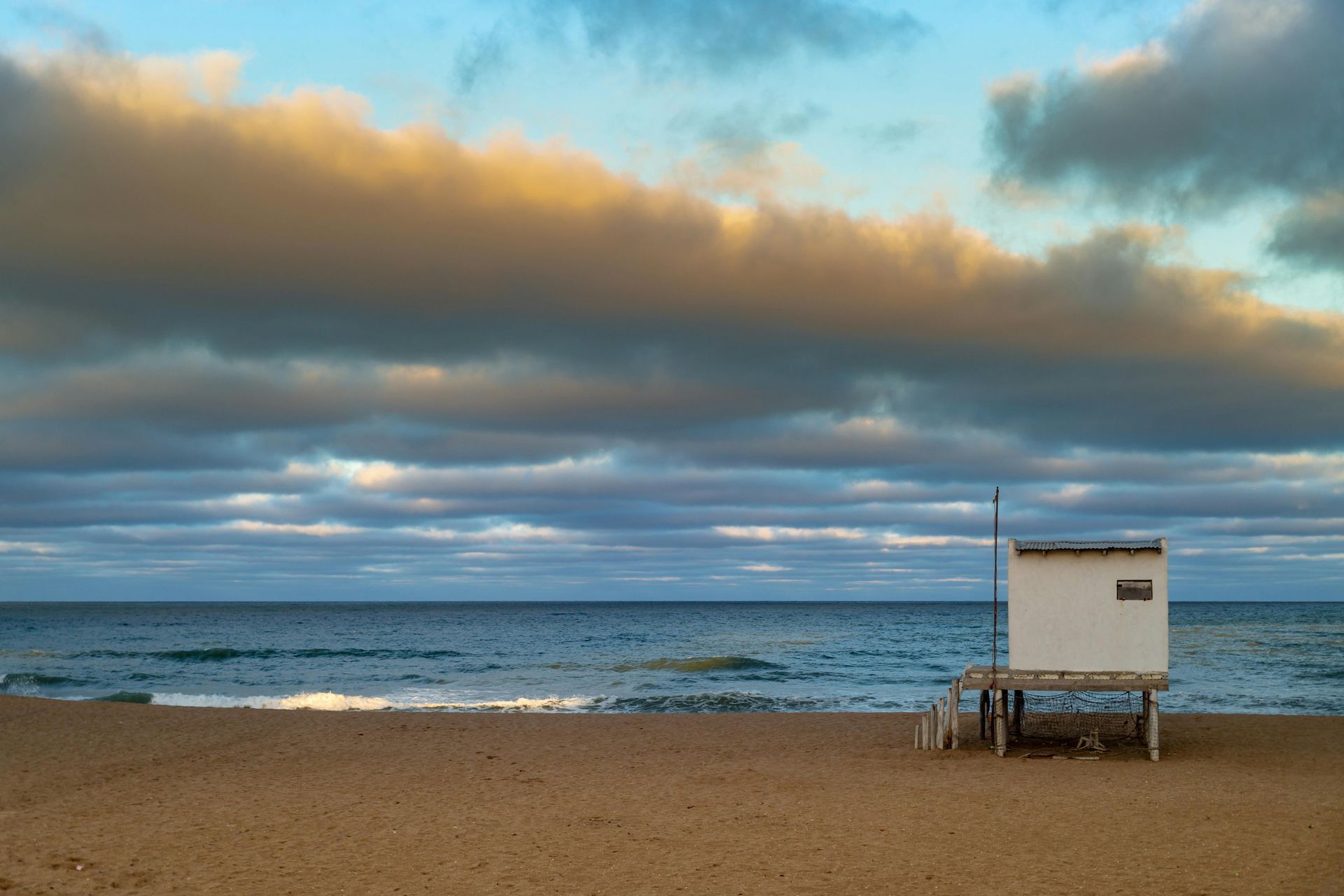Elie Wiesel: A Voice For Peace Dies at 87
Elie Wiesel: A Voice For Peace Dies at 87
Nobel laureate and Holocaust survivor Elie Wiesel was laid to rest after a private service at the Fifth Avenue Synagogue in New York City on Sunday, July 3, following his death the previous day at his Manhattan home. Wiesel, who died at the age of 87, was an important witness to the worst in humanity – as chronicled in his memoir, Night – yet his life-long goal was to achieve peace among nations and among all people and to make sure the world never forgot the terrors he endured.
About 150 of Wiesel’s family and friends gathered at the private service to memorialize the author, teacher and humanitarian who served as a living witness to the victims of the holocaust and a tireless advocate to those who were oppressed or targets of genocide throughout the world.
People stood on the sidewalk outside the service on East 62nd Street to remember and honor Wiesel while dignitaries and celebrities around the world admired his life-long fight for remembrance and peace.
According to the New York Times , Wiesel’s coffin was wheeled from the synagogue around noon surrounded by a dozen mourners. Wiesel was interred in a simple pine box draped with a blue velvet cloth which is the custom for Orthodox Jewish funerals. He was buried at Sharon Gardens cemetery in Valhalla, N.Y.
The Elie Wiesel Foundation for Humanity reported that the private funeral will be followed by a public memorial at a later date.
Worldwide Tributes
Immediately following his death on Saturday, July 2, the Jewish Sabbath, leaders around the world expressed their tributes regarding the Nobel Peace Prize Laureate. President Barack Obama said, “Elie Wiesel was one of the great moral voices of our time, and in many ways, the conscience of the world.”
Secretary of State John Kerry said of Wiesel, “He emerged from one of the darkest chapters of human history consumed not by vengeance, but rather a desire to quell the fires of prejudice and bigotry by serving the cause of hope and leading the pursuit of justice and peace.
Israeli Prime Minister Benjamin Netanyahu called him “a ray of light and greatness of humanity who believed in the good in man.”
The Mayor of Jerusalem, Nir Barkat, who gave Wiesel the medal of Honorary Citizen of Jerusalem a few months ago, said, “Instead of giving in to despair, the face of evil and cruelty that at the time was the darkest of humanity, he carried all the way through the message of tolerance and peace for all peoples of the world.”
Celebrities lit up social media with their comments to pay respect to the acclaimed author, world-wide teacher and activist for peace. On Twitter, Jamie Lee Curtis posted, “We will never forget, Elie Wiesel. That, you can rest knowing. You were a light in the night & the world mourns your passing. #neverforget.”
A Voice for the Voiceless
Elie Wiesel was born Eliezer Wiesel on September 30, 1928, in Sighet, Romania to Shlomo and Sarah Wiesel. He grew up with three sisters and pursued religious studies at a nearby yeshiva, a Jewish institute of learning where students study sacred texts. At the age of fifteen, his entire village was deported to Auschwitz-Birkenau concentration camp in Nazi-occupied Poland in May of 1944. An older Jewish man saved him from the gas chamber by advising Wiesel to tell the Nazis that he was eighteen which was considered old enough to work.
Wiesel was freed from Buchenwald in 1945. His father died just months before the liberartion of the camps and only he and his two older sisters survived. He spent some time in a French orphange and studied at the Sorbonne in Paris in 1948. As a journalist with a French newspaper, Wiesel became friends with Nobel laureate Francois Mauriac who influenced Wiesel to write about his experiences in the camps. Wiesel published his memoir, Night , which became the seminal work about the holocaust and a tribute to the millions of victims who were unable to tell their own stories. He went on to publish more than 40 books.
In 1986, Wiesel was awarded the Nobel Peace Prize for speaking out against violence, repression, and racism. The Norwegian Nobel Committee called him a “messenger to mankind” and described Wiesel as “one of the most important spiritual leaders and guides in an age when violence, repression and racism continue to characterize the world.”
Wiesel was awarded many more awards, accolades, honorary degrees and posts, including the U.S. Congressional Gold Medal in 1984; National Humanities Medal in 2009; and more than 90 honorary degrees from colleges worldwide, among many others.
Wiesel and his wife, Marion, founded the Elie Wiesel Foundation for Humanity in 1986, the same year he received the Nobel Prize for Peace, and they used the award money from the prize to fund the organization. The Foundation is dedicated to bringing together people from around the world and combating indifference, intolerance and injustice.
Wiesel also served as chairman for the Presidential Commission on the Holocaust from 1978 to 1986, spearheading the building of the United States Holocaust Memorial Museum in Washington, D.C.
Dedicated Teacher
Wiesel considered himself a writer and an educator and said that he was happiest in his role as a teacher. He taught at several institutes of higher learning, including New York’s City University and Boston University. He was a professor at the City College of New York from 1972 until 1976 when he left to become a humanities professor at Boston University where he taught for nearly forty years. Wiesel was the Andrew W. Mellon Professor Emeritus in the Humanities and a College of Arts & Sciences professor emeritus of philosophy and religion.
Michael Zank, the director of the Elie Wiesel Center for Jewish Studies at Boston University, said, “Boston University is losing an iconic teacher who brought an incredible intensity to every encounter with students and colleagues. It was a privilege to know and work with him. He will be missed.
Keep the Torch Burning
Honoring and remembering the lives of our loved ones is an integral part of carrying on their legacy. In the case of Wiesel, it is important not only to honor his life, but to remember the important historical events that he witnessed firsthand in order to continue the fight against injustice, intolerance or genocide wherever they may occur.
Actor George Clooney was willing to take up Wiesel’s mantel and continue the fight for peace: “We had a champion who carried our pain, our guilt and our responsibility on his shoulders for generations. Now he’s gone. It’s hard to fathom. So I guess it’s up to us now. To fight for the disenfranchised. To speak truth to power and to never forget how cruel man can be to man. In memory of Elie it’s the least we can do. Rest in peace my friend. You brought us this far. We’ll take it from here.”
Photo Credit: Sebastian Derungs

